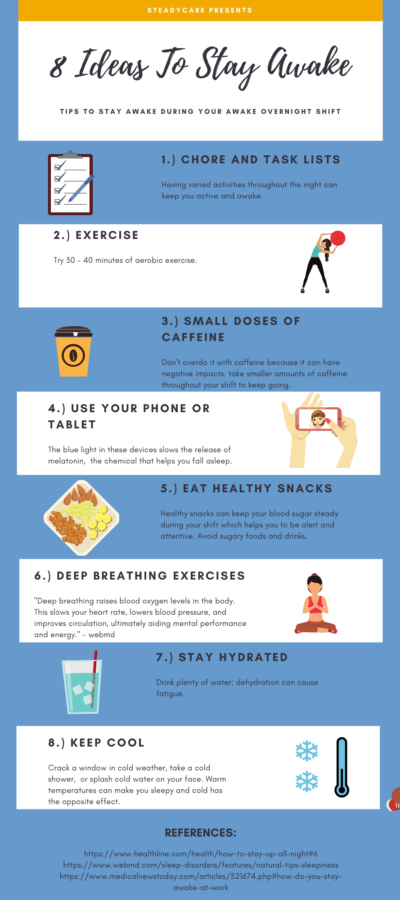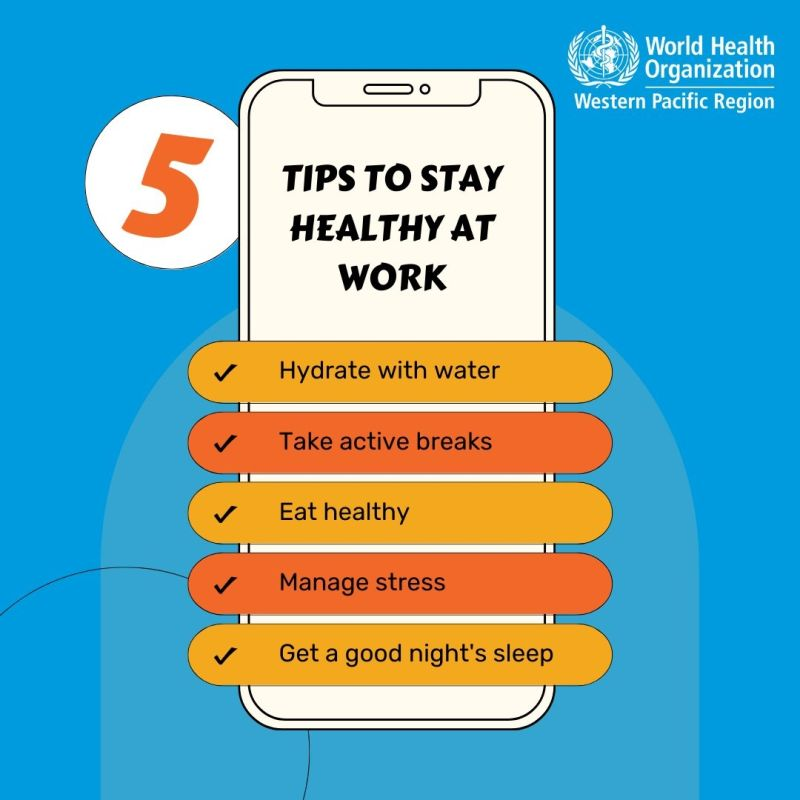Importance of Hydration During Night Work
Working night shifts can be physically and mentally demanding, and staying hydrated is crucial for maintaining optimal performance and overall well-being. Dehydration can lead to fatigue, decreased cognitive function, and even more serious health issues. During night work, the body may not naturally signal thirst as it does during the day, making it even more important to be mindful of staying hydrated.
One of the main reasons hydration is so important during night work is because the body loses fluids through sweat, breathing, and other bodily functions regardless of the time of day. In fact, research has shown that dehydration can impair cognitive function, memory, and mood, which can all impact job performance during night shifts. Additionally, dehydration can also lead to physical symptoms such as headaches, muscle cramps, and dizziness, which can further hinder productivity and focus.

To maintain proper hydration levels during night work, it’s important to drink water regularly throughout the shift. Aim to drink at least 8-10 glasses of water per day, and even more if you are in a particularly hot or dry environment. It’s also important to be mindful of your caffeine intake, as caffeine is a diuretic and can contribute to dehydration. Opt for water or other hydrating beverages like electrolyte drinks or herbal teas instead.
In conclusion, staying hydrated during night work is essential for maintaining optimal performance and overall health. By being mindful of your fluid intake, avoiding excessive caffeine consumption, and listening to your body’s signals, you can ensure that you stay properly hydrated throughout your night shifts.

Hydration Tips for Night Shift Workers
As a night shift worker, it can be challenging to stay hydrated during non-traditional hours. However, there are several tips and strategies that can help you maintain proper hydration levels throughout your shift. Here are some hydration tips specifically for night shift workers:

1. Carry a water bottle with you: One of the simplest ways to stay hydrated during night work is to carry a reusable water bottle with you at all times. Having easy access to water will make it more likely that you’ll drink throughout your shift.
2. Set reminders to drink: With the hustle and bustle of a busy night shift, it can be easy to forget to drink water. Set reminders on your phone or computer to take a sip of water every hour or so to ensure you’re staying hydrated.
3. Monitor your urine color: A simple way to gauge your hydration levels is to monitor the color of your urine. Clear or pale yellow urine indicates proper hydration, while dark yellow or amber-colored urine may be a sign of dehydration.
By implementing these hydration tips, night shift workers can ensure that they stay properly hydrated throughout their shift, leading to improved performance and overall well-being.
Hydrating Foods for Night Shift Workers
In addition to drinking water, consuming hydrating foods can also help night shift workers maintain proper hydration levels. Certain foods have high water content and can contribute to your daily fluid intake. Here are some hydrating foods that are ideal for night shift workers:
1. Water-rich fruits: Fruits such as watermelon, oranges, strawberries, and cucumbers are excellent sources of hydration due to their high water content. Snacking on these fruits throughout your shift can help you stay hydrated.
2. Leafy greens: Leafy greens like spinach, lettuce, and kale are not only packed with nutrients but also contain a significant amount of water. Including salads or green smoothies in your night shift meal plan can help you boost your hydration levels.
3. Soups and broths: Warm soups and broths are not only comforting during night shifts but also provide a source of hydration. Opt for broth-based soups with plenty of vegetables to increase your fluid intake.
By incorporating these hydrating foods into your diet during night work, you can complement your water intake and ensure that you stay properly hydrated throughout your shift.
Dehydration Warning Signs to Watch Out For
Despite your best efforts to stay hydrated, it’s possible to become dehydrated during night work if you’re not paying attention to your fluid intake. Being aware of the warning signs of dehydration can help you take action before it becomes a serious issue. Here are some dehydration warning signs to watch out for:
1. Thirst: While it may seem obvious, feeling thirsty is often one of the first signs of dehydration. If you’re feeling thirsty during your night shift, it’s important to drink water immediately.
2. Dark urine: As mentioned earlier, monitoring the color of your urine can indicate your hydration levels. Dark yellow or amber-colored urine is a sign of dehydration and should prompt you to increase your fluid intake.
3. Fatigue and dizziness: Dehydration can lead to feelings of fatigue, dizziness, and lightheadedness, which can impact your performance during night work. If you’re experiencing these symptoms, it may be a sign that you need to drink more water.
By being mindful of these dehydration warning signs and taking action to address them, night shift workers can prevent dehydration and maintain optimal performance throughout their shifts.
The Role of Electrolytes in Hydration
Electrolytes play a crucial role in maintaining proper hydration levels in the body, especially during night work when fluid loss is increased. Electrolytes are minerals such as sodium, potassium, and magnesium that help regulate fluid balance, nerve function, and muscle contractions. Here’s how electrolytes contribute to hydration and some tips for incorporating them into your diet:
1. Hydration balance: Electrolytes help regulate the balance of fluids in the body, ensuring that cells are properly hydrated. Consuming electrolytes can help replenish the minerals lost through sweat and other bodily functions during night work.
2. Muscle function: Electrolytes are essential for proper muscle function, including muscle contractions and nerve impulses. Maintaining adequate levels of electrolytes can help prevent muscle cramps and fatigue during night shifts.
3. Sources of electrolytes: Electrolytes can be found in a variety of foods and beverages, including sports drinks, coconut water, bananas, and leafy greens. Consuming these electrolyte-rich foods can help you maintain proper hydration levels during night work.
Incorporating electrolytes into your hydration routine can help you stay properly hydrated and maintain optimal performance during night shifts.
Hydration Strategies for Night Shift Workers
Staying hydrated during night work requires a combination of mindful drinking habits, hydrating foods, and electrolyte balance. Here are some hydration strategies specifically tailored for night shift workers to ensure optimal hydration:
1. Create a hydration schedule: Set specific times throughout your night shift to drink water or other hydrating beverages. By creating a schedule, you can ensure that you’re consistently drinking fluids throughout the night.
2. Snack on hydrating foods: Keep water-rich fruits, vegetables, and soups on hand for quick and easy snacks during your night shift. These foods can supplement your fluid intake and help you stay hydrated.
3. Monitor your hydration levels: Pay attention to your body’s signals of thirst, fatigue, and dizziness, as these can be signs of dehydration. By monitoring your hydration levels, you can take proactive steps to prevent dehydration.
By implementing these hydration strategies, night shift workers can maintain proper hydration levels, improve their performance, and support their overall health and well-being.
Conclusion
In conclusion, staying hydrated during night work is essential for maintaining optimal performance, cognitive function, and overall health. By being mindful of your fluid intake, incorporating hydrating foods into your diet, and monitoring your electrolyte balance, you can ensure that you stay properly hydrated throughout your night shifts. Remember to listen to your body’s signals, watch out for dehydration warning signs, and take proactive steps to maintain hydration levels during non-traditional work hours. With these hydration tips and strategies, night shift workers can prioritize their well-being and thrive in their roles.
Leave a Reply